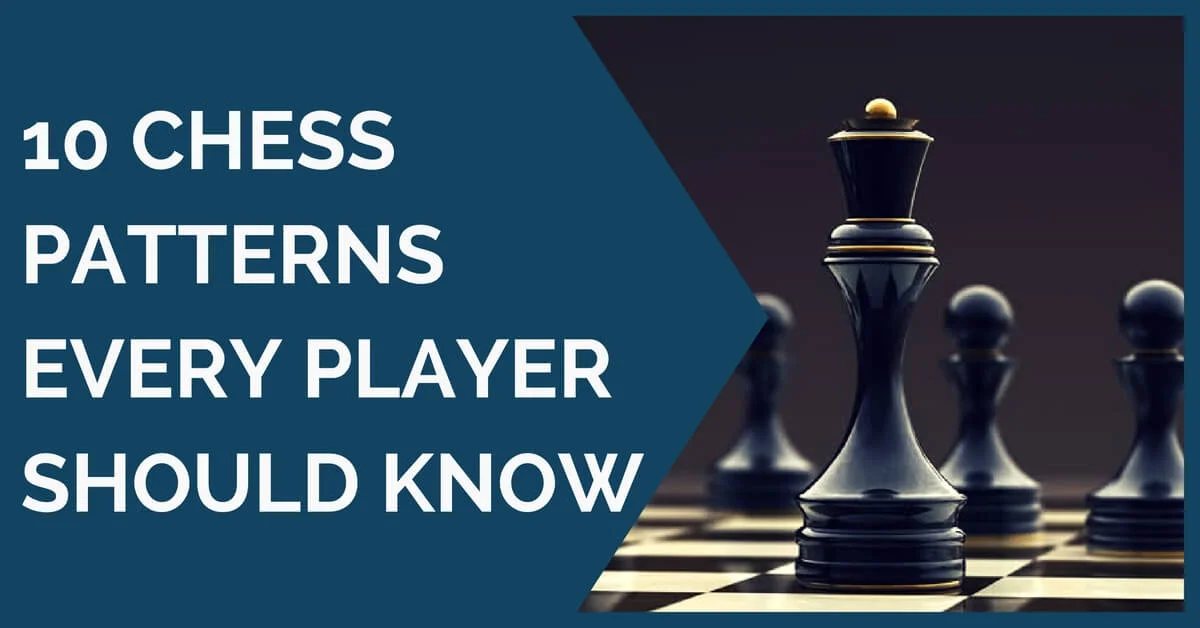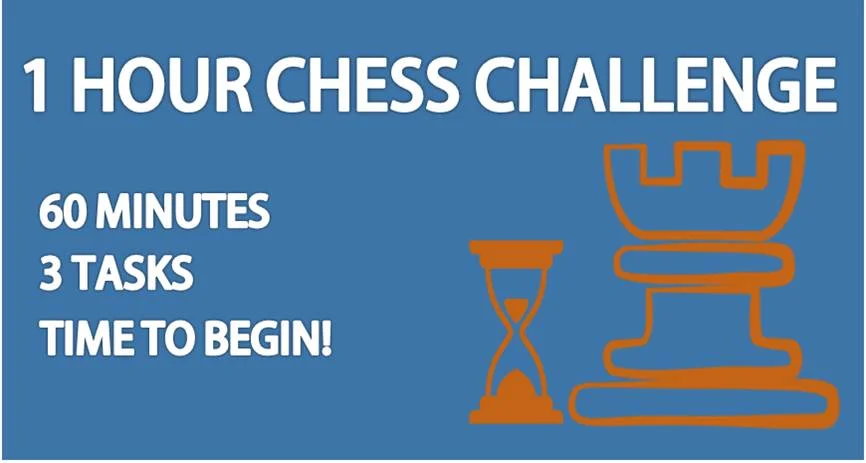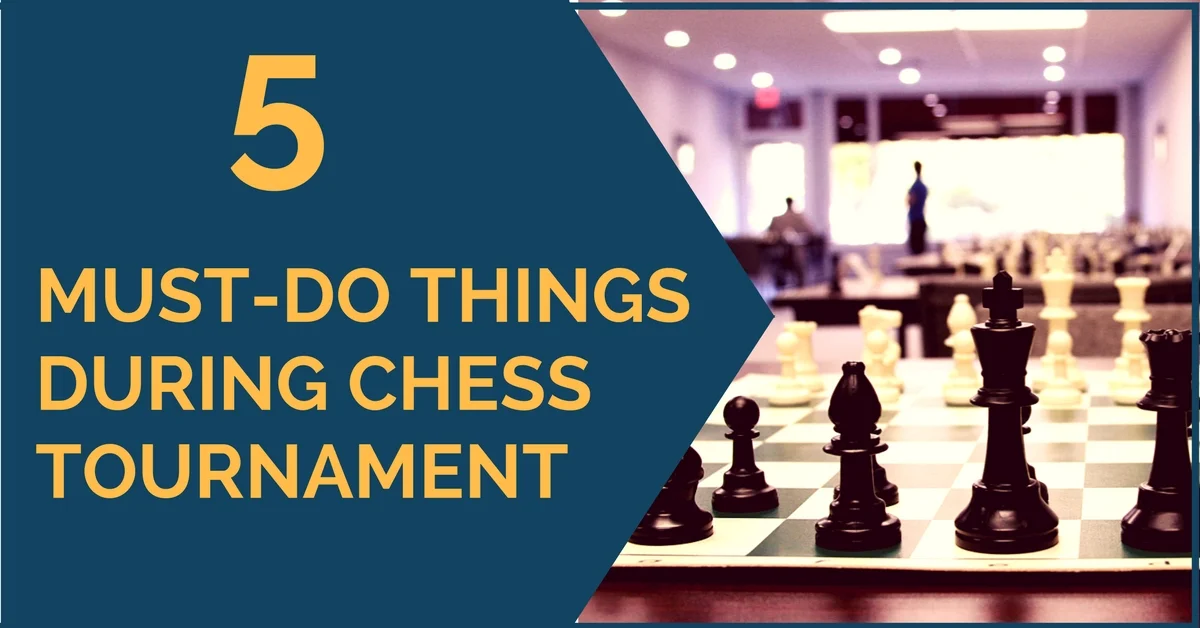How I became an International Master, and You Can Too
One of the most frequent questions I get from chess students and friends is “How did you become an International Chess Master?”
Especially those who are starting often ask this question; as if there was a formula they could follow in order to do the same.
In this article, I will pretend to have this formula and I will let you know the secret, talking from my own experience. For all of you who don’t know how titles are achieved, for an IM title you need to make three IM norms in tournaments.
This basically means scoring a certain amount of points against titled players (there must be at least 3, foreign players, too), but basically, you need to achieve a rating performance of over 2450. So once you have performed over 2450 in three tournaments against the required opposition (titled, foreigners etc.) then you must raise your ELO to 2401 and that’s it, you are an IM forever.
The Main Goal: Strength
Of course, you can’t obtain a higher degree in chess if your play does not improve to a decent strength, I would say. Here comes the first and most difficult part: you need to train a lot. I remember that I used to study a lot during my youth.
I used to solve tactics, read books, and on top of all this, I would play any tournament I could. I also worked with a trainer from time to time. Honestly, this helps a lot and saves an incredible amount of time. I would still do my own work (you have to), but having someone with great experience to ask for advice is very helpful.
The main difficulty of this is the amount of time you invest on it. I’m talking about an average of 3 and a half hours a day minimum. I wouldn’t set myself an amount of time to study, I would just do it and it takes the time it takes, every day.
Once you reach a FIDE Rating over 2300 you are almost there; you need to do what you’re doing but more, better and faster. The more you practice, the better you will become.
As said before, training is the main road of improvement for your chess career, but there are plenty of players who have done this and never became titled players. They’ve had many tragic games and have failed to achieve good results in the key games. This, in my opinion, has to do with the psychological part of the game and the approach to the game.
Psychology
I will take the liberty to give you some advice on the approach to have during competitions.
Don’t play the opponents, play the pieces. This means you need to forget who your opponent is – weak or strong, it does not matter. Focus only on what’s happening on the board, let go of all prejudices you may have about how chess should be played and be objective.
If you have set thoughts then you will be shocked when a weak player plays good moves against you and forces you to defend, or otherwise, when you’re playing someone stronger and you have him against the ropes you may become overexcited. Playing with such emotions more often than not leads to mistakes over the board. So my advice is to leave your emotions outside the board, play only with your brain.
Strategic games
It is important to adapt to all styles. Sometimes it is difficult to beat tactical players, so make sure you become flexible in order to beat such players in a strategic battle to avoid unexpected results. This does not mean that you need to play a closed opening if you are 1.e4 player.
For example, a Spanish with d3 certainly avoids the Marshall attack and against the Sicilians, not every day is a good day to face the Dragon or the Najdorf, so a check with 3.Bb5+ (Moscow variation) cannot hurt. You have plenty of choices, think practical.
Take the games against lower rated players seriously. In fact, these games are the most important ones; try to make a perfect score. It is worthless to beat a GM if you lose to a lower rated player on the next round a draw another and so on. There is no improvement on a single game victory; what matters is the overall result.
Decisions over the board
When playing someone stronger in which a draw is an acceptable result there are some typical tactics that you can do. One of them and one that has brought me great success is to send a draw message. What does this mean?
Well, very often the stronger player will play a waiting strategy, hoping to profit from your mistakes. He waits on your proposals (moves) over the board in order to execute his plan.
Well, the idea is not to be fooled by this but to do the same. When calculating variations against Grandmasters I would often settle for the first one that gave me “even chances” or leading to “drawish positions”.
While against other (lower rated) players this can’t be done, here the shadow of the draw plays against your mighty opponent. There are plenty of chances your opponent might choose a worse move in the position in order to diminish your chances for a draw, although he may have just increased your chances for a win!
Finally, as with everything in life, you need a little bit of luck. I hope you found this article worth reading and some of the advice will help you regardless what your goal in chess is. Any feedback is very much appreciated.
Now you know how to become a Chess Master. Thank you!










Comments: